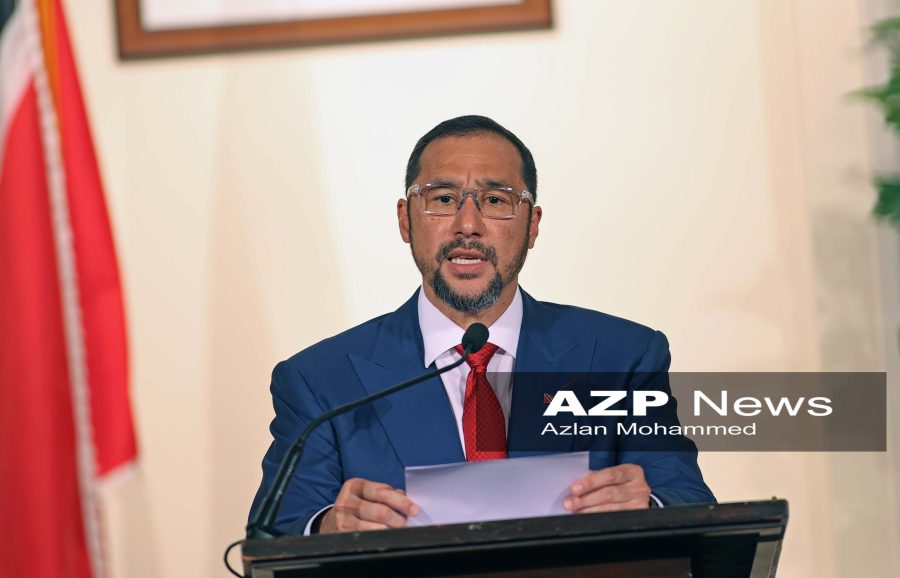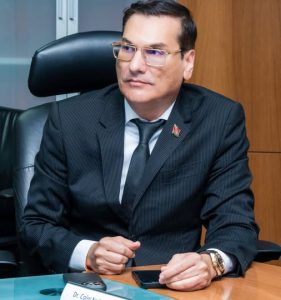Send Letters to the Editor: letters@azpnews.com or news@azpnews.com
It is one thing for individuals or religious organisations to distribute charity as part of Eid observances, but it is quite another for a sitting prime minister to hand out money directly to citizens. This act, especially in a highly public manner, blurs the line between cultural goodwill and political manoeuvering. At best, it appears as an unusual choice for a head of government; at worst, it can be seen as an attempt at vote-buying.
With elections just three weeks away, a video circulating of the prime minister distributing cash at an Eid celebration has raised serious concerns. While giving money during Eid aligns with Islamic tradition, the optics of this gesture are problematic. The timing makes it difficult to view this as a simple act of generosity rather than a strategic move.
Paid political ad
Governments have structured ways to support those in need—through welfare programmes and policy-driven solutions. If the intention was genuine assistance, why not use official government channels rather than personal handouts?
The public response has been mixed. A widely shared video of a citizen expressing gratitude for the cash has fuelled speculation that this was an attempt to sway voters. In a democracy, elected officials should uphold fairness and transparency, and such public cash distribution does little to strengthen confidence in the electoral process.
With the opposition and civil society groups already vocal about governance and accountability, it remains to be seen if this incident will be formally challenged. Even if no laws were broken, the ethical concerns are undeniable.
This raises broader concerns about political patronage and the use of personal or state resources for political advantage. Should elected leaders be engaging in direct cash giveaways, especially so close to an election? Even if this has been done in the past, it should not be left unchallenged. Does this set a precedent for future leaders to use charitable acts as campaign tools? Should this cash distribution be associated with all religious groups?

Governance should empower citizens in meaningful ways—through sustainable policies, not last-minute handouts that risk undermining public trust. As voters head to the polls, they must critically evaluate leadership based on long-term impact rather than short-term gestures.
![]()












